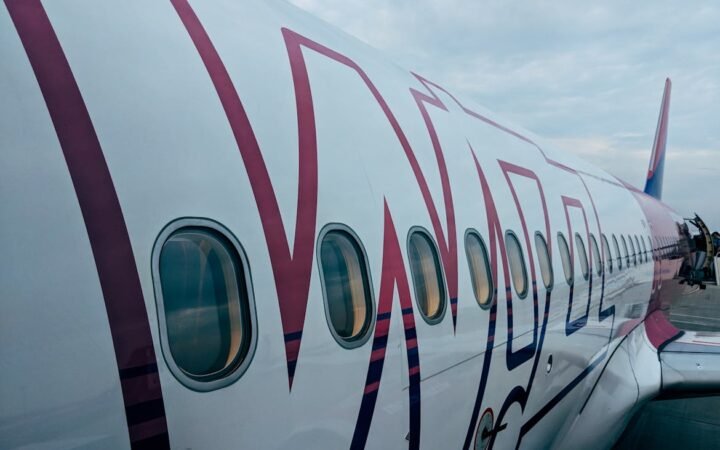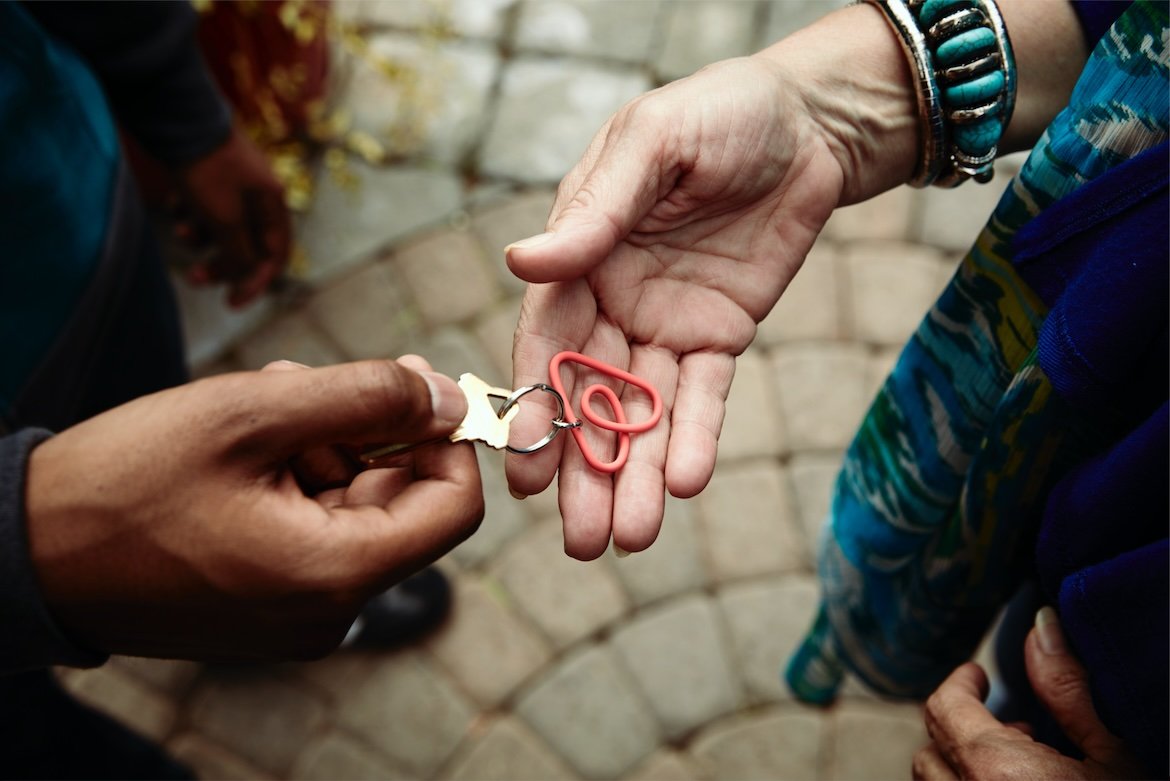
With summer travel ramping up and demand for vacation rentals on the rise, Airbnb is once again tightening its grip on disruptive guests. The platform has announced the return – and expansion – of its anti-party technology ahead of the Memorial Day weekend and other high-traffic holidays.
The system, originally piloted in select regions, is now being deployed more widely across the U.S. and Canada, with aims to stop party-style bookings before they even happen. According to Airbnb, this is part of its broader strategy to protect hosts, guests, and the communities where rentals operate – particularly during summer months when incidents typically increase.
How Airbnb’s Anti-Party Technology Works
Airbnb’s anti-party system uses machine learning to assess reservation risk by analyzing a range of factors: the timing and duration of a booking, the listing’s location, and the guest’s previous history on the platform. Short stays at entire-home listings booked at the last minute by users with limited booking history, for instance, may trigger a block.
The platform emphasizes that this isn’t a blanket ban on young travelers or new users. Instead, it’s a data-informed approach that flags potentially high-risk reservations without penalizing good guests. In many cases, guests flagged by the system are redirected to hotel-style listings or private rooms, which carry less risk of parties.
Airbnb also reports that since implementing this technology, areas such as Los Angeles and Toronto have seen noticeable declines in party-related incidents and neighbor complaints.
Keeping Travel Fun, But Safe
While Airbnb acknowledges that most guests use the platform responsibly, it also understands that unauthorized parties can cause serious disruptions for hosts and their neighbors. By implementing proactive safeguards, Airbnb hopes to maintain the trust of both its users and the communities where its listings are located.
In addition to its automated detection system, Airbnb has reintroduced a 24-hour Neighborhood Support Line and expanded its partnership with local law enforcement to respond more quickly to potential disturbances.
The company is also working with hosts to encourage stricter house rules, clearer guest expectations, and the use of noise-monitoring devices (within privacy limits) to deter unruly behavior. During high-risk weekends like Memorial Day, the Fourth of July, and Labor Day, the platform may also impose stricter booking restrictions on certain listings altogether.
Part of a Larger Travel Safety Trend
This move by Airbnb reflects a broader industry trend where tech companies are investing in safety and experience quality, not just convenience. As vacation rentals become more mainstream, platforms are under growing pressure to show they can manage both scale and responsibility.
For summer travelers, this means better assurance that their stay won’t be disrupted by noise or chaos next door. And for hosts, it offers an added layer of confidence that their property won’t be misused.
While Airbnb’s anti-party tech may not eliminate all issues, it signals a clear shift toward more structured, predictable vacation rental experiences – and a commitment to preserving the integrity of travel.





